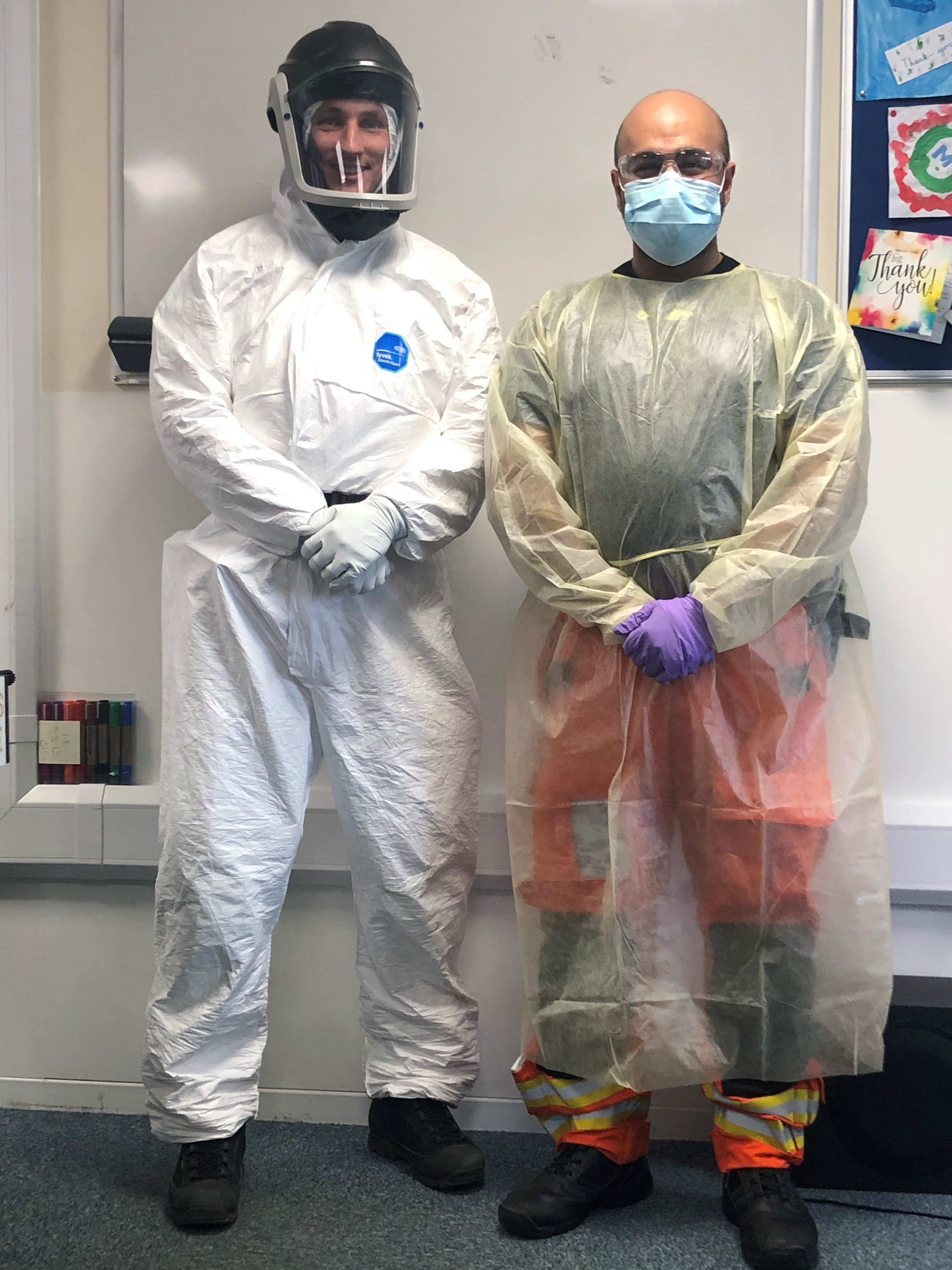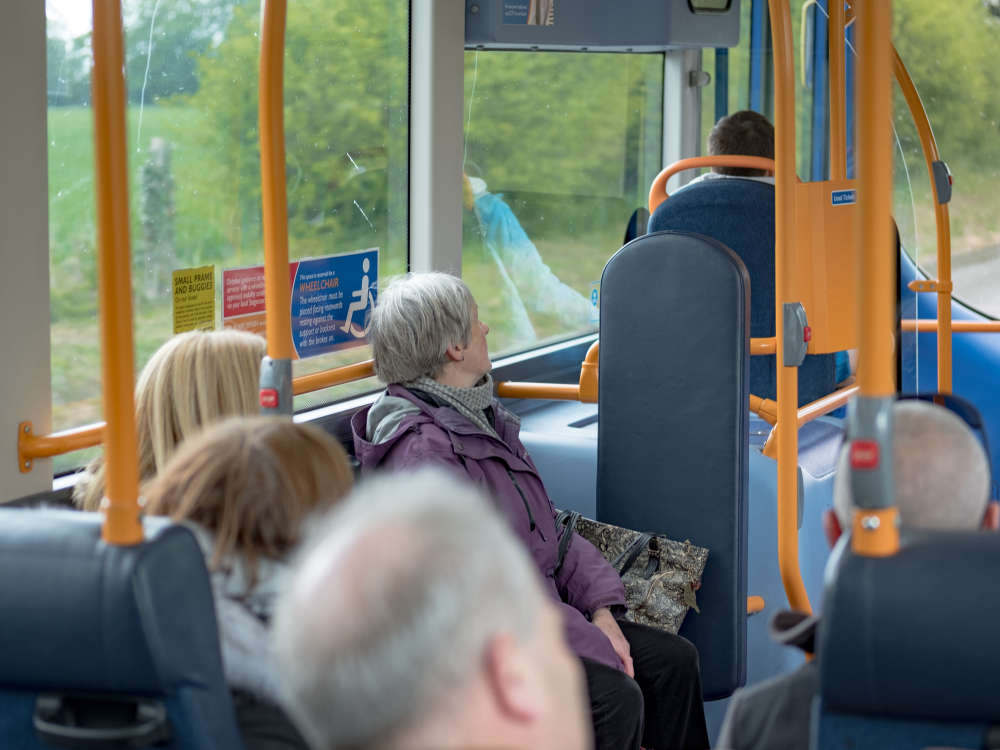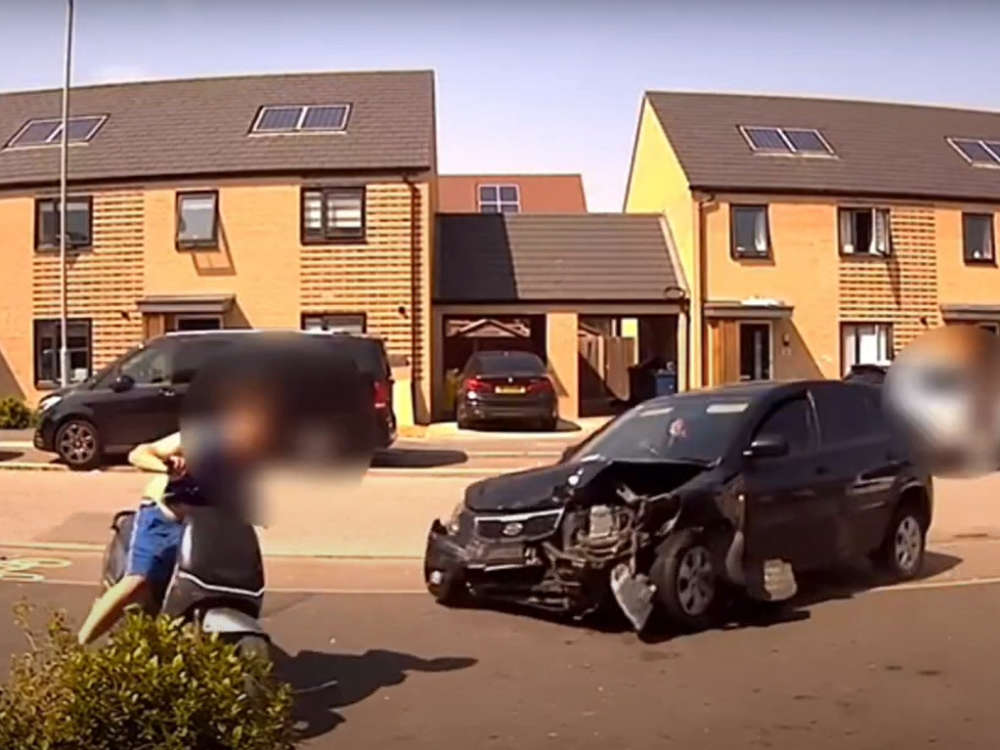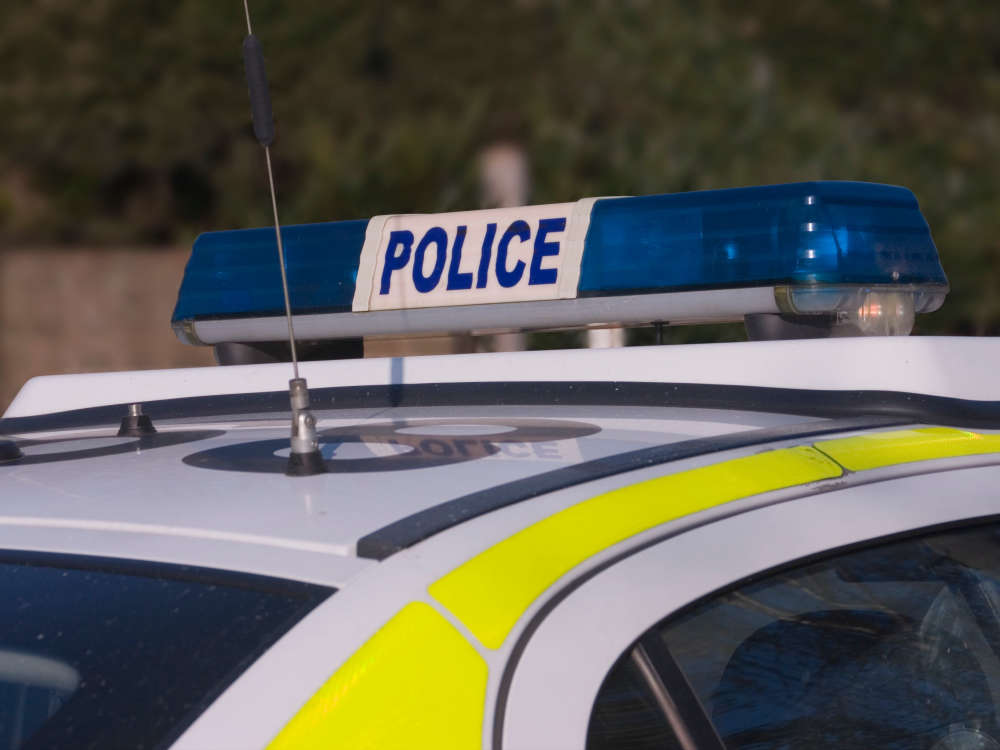
East Anglian Air Ambulance (EAAA) is still flying and saving lives during the Covid-19 pandemic, but the cost of keeping its crews safe has been significant.
The charity has had to quickly adapt its operating procedures and source large amounts of personal protective equipment (PPE) in order to keep its two critical care teams safe and able to support the region’s emergency services. The estimated cost of acquiring the additional PPE now required over a six-month period is over £100,000.
The charity has launched an emergency appeal for donations to help fund the PPE, which is protecting its crews and keeping the air ambulance teams safe.
More than £25,000 of unbudgeted funds has already been spent on items such as respirators, high-protection masks, visors, suits, gowns and goggles to protect the doctors and critical care paramedics who are working in the pre-hospital environment.
The charity has also had to source different filters for its life-saving equipment to prevent contamination, and large amounts of medical cleaning wipes which are proven to kill the virus, so that they can deep-clean equipment between missions.
Richard Hindson, Head of Operations at East Anglian Air Ambulance, said: “At a time like this we can’t take any chances with the safety of our crews, but we also need to be able to provide the same level of care for our patients. The equipment we now need to operate safely is a huge unforeseen cost that simply hasn’t been budgeted for, but we can’t send our crews out without it."
Due to the nature of the procedures the medical teams are often required to perform, such as CPR or intubating a patient to take over their breathing, without the right PPE they are at a very high risk of great exposure to the virus.
Richard Hindson continued: “The way in which we operate has had to change so much, incredibly quickly, but our crews have been amazing and are still out there every day, not knowing what they might come into contact with once they get to scene.
“We’ve had to adapt all of our procedures to protect against this virus, right down to introducing new criteria for which patients we can transfer by air to hospital, but we’re proud to still be able to be there for the patients who need us and to support the other emergency services. With community support now, we can make sure we’re still there for our patients next month and next year, too.“


 Green light given to franchise local buses
Green light given to franchise local buses
 Man mows down moped rider in Northstowe
Man mows down moped rider in Northstowe
 One person seriously injured after Somersham crash
One person seriously injured after Somersham crash
 Prolific Cambridge drug dealer ordered to pay £679K
Prolific Cambridge drug dealer ordered to pay £679K



